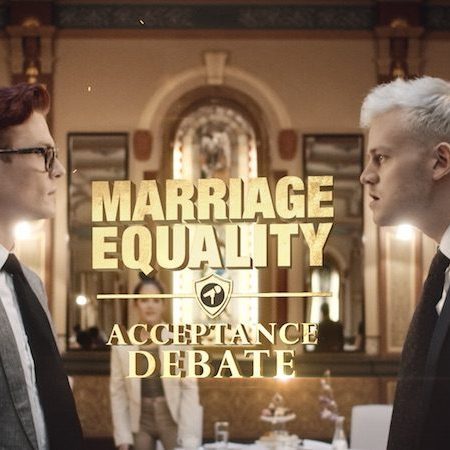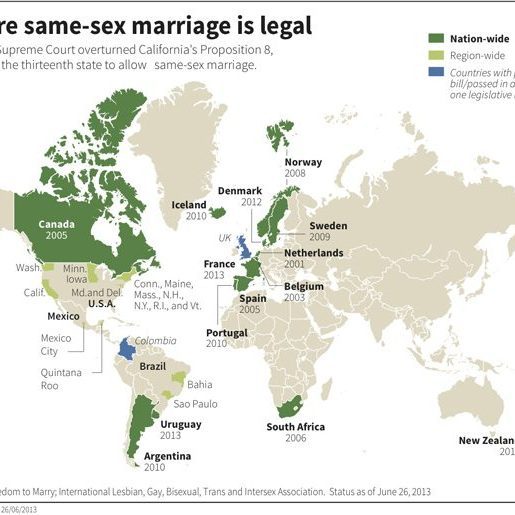 A second marriage ruling from a federal judge expands on the previous ruling to make Kentucky open gay marriage to same-sex couples.
A second marriage ruling from a federal judge expands on the previous ruling to make Kentucky open gay marriage to same-sex couples.
On July 1, 2014, U.S. District Judge John G. Heyburn II issued his second marriage equality ruling in recent months, striking down Kentucky’s ban on marriages between same-sex couples. The ruling came after love v. Beshear, in which two same-sex couples in Kentucky sued the state, arguing that Kentucky’s refusal to grant them marriage licenses violates the U.S. Constitution.
In his ruling, Judge Heyburn wrote, “Assuring equal protection for same-sex couples does not diminish the freedom of others to any degree. Thus, same-sex couples’ right to marry seems to be a uniquely ‘free’ constitutional right.” The judge stayed his ruling, pending an appeal to the Sixth Circuit.
“Today’s marriage ruling makes clear that Kentucky should not be denying committed and loving gay and lesbian couples the right to marry. We congratulate the plaintiffs and their attorneys and thank them for making today’s victory possible,” said Human Rights Campaign (HRC) Legal Director Sarah Warbelow.
Judge Heyburn, who was appointed to the bench by President George H. W. Bush, sided with four plaintiff couples who had legally married elsewhere before seeking state recognition in Kentucky. The Bourke case is on appeal to the U.S. Court of Appeals for the Sixth Circuit, and the argument has been set for August 6.
There are over 70 court cases challenging discriminatory marriage bans across the country in 30 states and Puerto Rico. So far six federal appeals courts are presiding over 11 marriage equality cases over the coming weeks and months. Since the U.S. Supreme Court’s historic marriage rulings last year, no state marriage ban has survived a federal court challenge.


